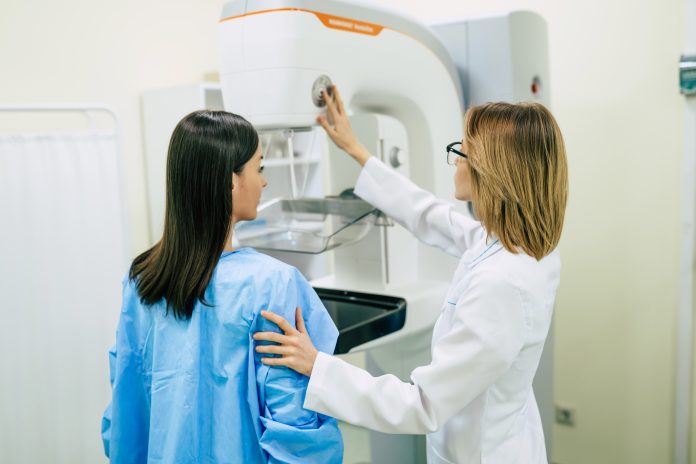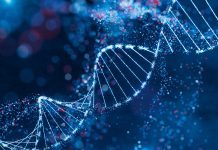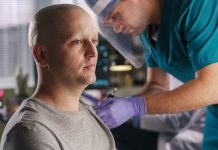The UK government is starting a breast cancer detection trial to test how AI can be used to find breast cancer early
Seven hundred thousand women will participate in these trials, where artificial intelligence (AI) will be tested to see if it can transform cancer care.
The trial was announced today, February 4th, on World Cancer Day. The UK government is committed to cutting the lives lost to cancer by launching their “call for action”.
Early breast cancer detection
Breast cancer is one of the most common forms of cancer among women, with about 55,000 women diagnosed with it each year.
As the UK government increases the use of AI, they will be integrating the new technology across 30 testing sites equipped with the latest AI technologies.
These sites can then invite women there for routine screening on the NHS. These screenings will help radiologists analyse mammograms and detect cancer early, significantly improving survival rates. The screening will identify changes in breast tissue, which could show signs of cancer.
The use of AI could lead to even earlier detection, which is important because catching cancer early can drastically improve the chances of successful treatment.
AI supporting radiologists
Traditionally, two specialists are required to interpret each mammogram, but the introduction of AI could reduce this number, enabling one radiologist to handle the workload.
If the use of this technology is booming. In that case, it will speed up the diagnosis and also free up time for radiologists, allowing them to concentrate more on complex cases.
This could also help tackle growing waiting lists for cancer diagnoses, a critical issue given the increasing number of cancer cases in the UK.
The government’s cancer plan
The £11 million funding for the trial, provided by the National Institute for Health and Care Research (NIHR), shows the government’s commitment to innovation in healthcare.
The trial also supports the government’s “Plan for Change”, which hopes to transition the NHS from analogue to digital, integrating cutting-edge technologies into every aspect of healthcare. As well as supporting another of the government’s plans, which aims to reduce the number of cancer-related deaths and improve survival rates.
This includes early breast cancer detection and improvements in diagnosis, treatment, and patient care.
A key part of this plan is the drive to incorporate AI into more healthcare areas, as it can accelerate diagnoses, improve treatment outcomes, and enhance patient experiences. This includes ongoing efforts to tackle rare cancers in children, requiring specialised care and research.
AI in healthcare and cancer care
A wider goal of this trial is to relieve some pressure on the NHS, which has long struggled with waiting lists and capacity issues.
AI tools like the ones being tested in the EDITH trial could help facilitate the screening process, allowing the NHS to manage its resources better.
With around 2.1 million mammogram screenings carried out annually, AI could significantly reduce the time required for each screening, making the system more efficient.
The trial’s success could have far-reaching implications, not only for breast cancer care but also for other areas of healthcare. If AI can be successfully integrated into cancer detection, it could be applied to other types of cancer, helping to catch various forms of the disease earlier. This could reduce the number of late-stage diagnoses, ultimately improving survival rates and saving lives.











